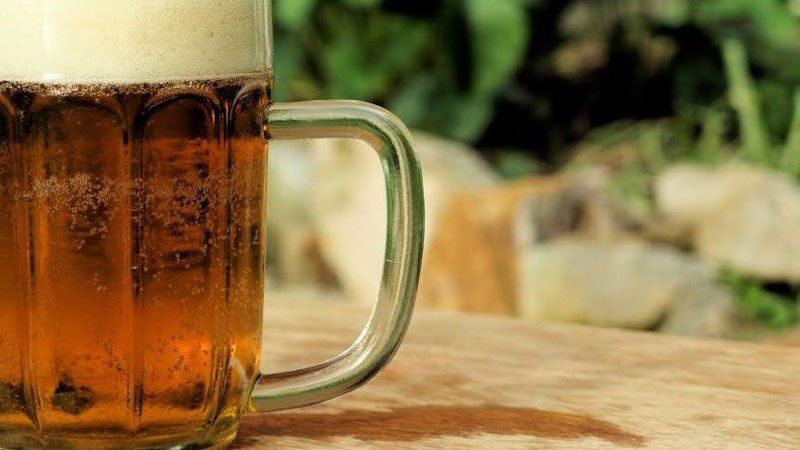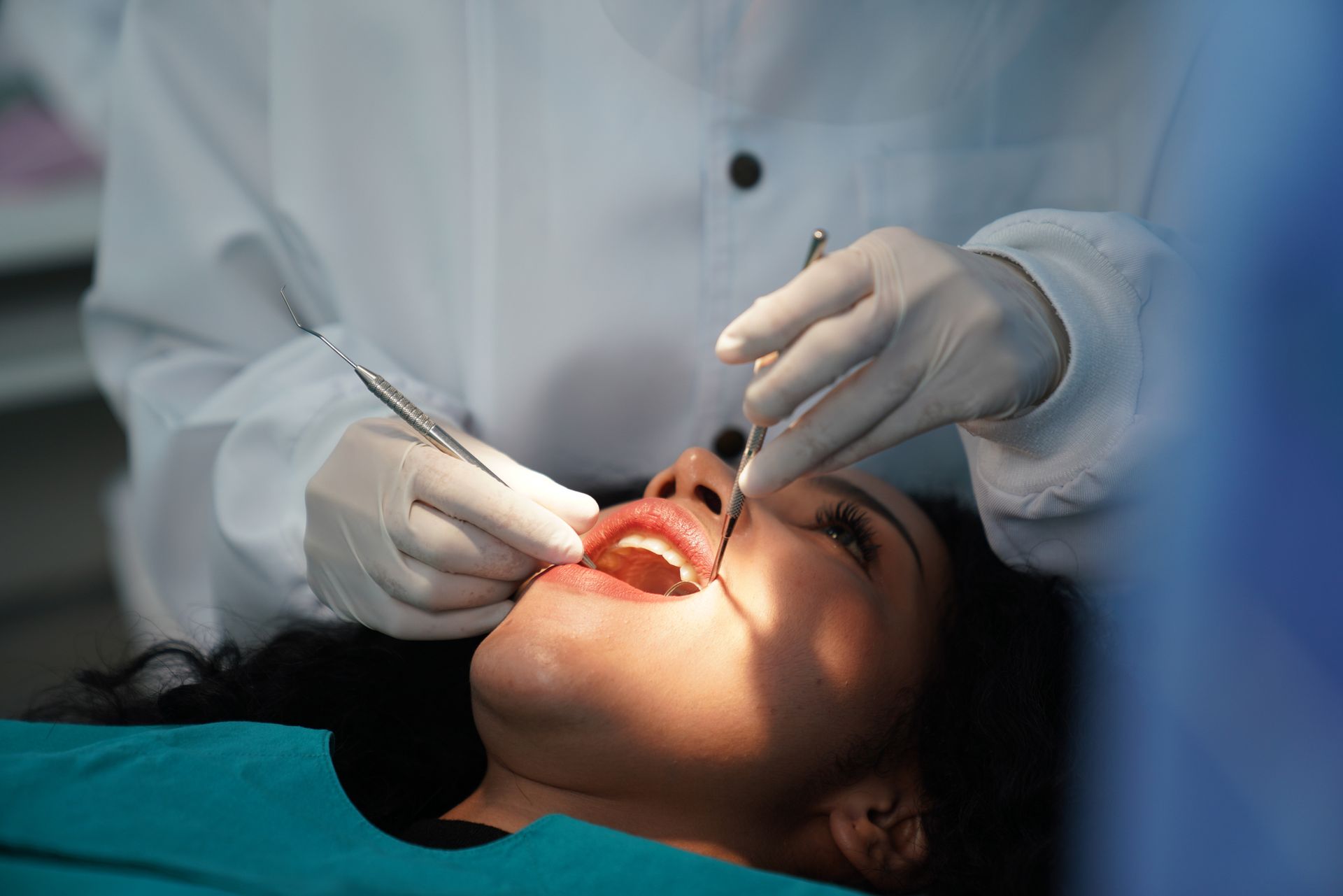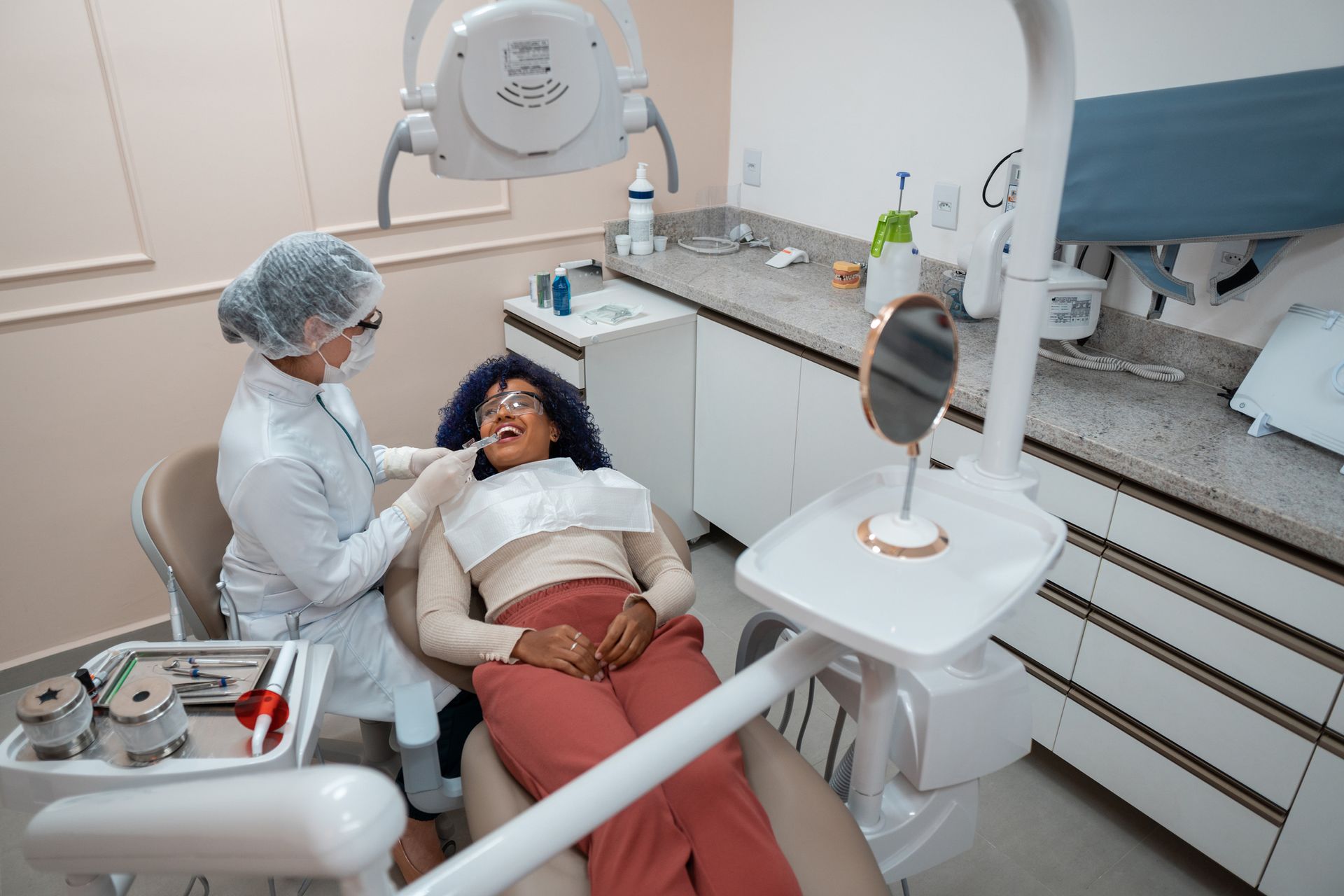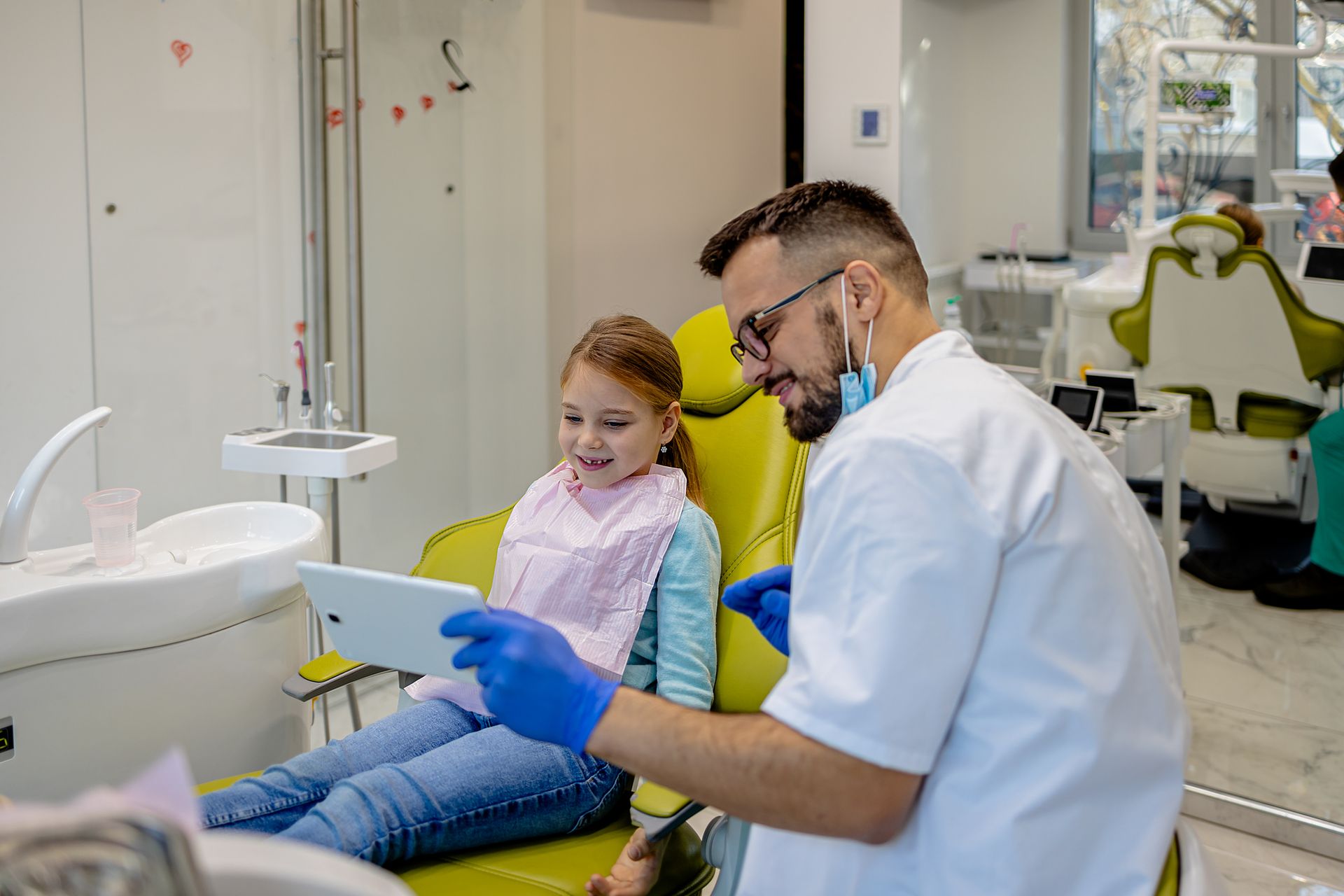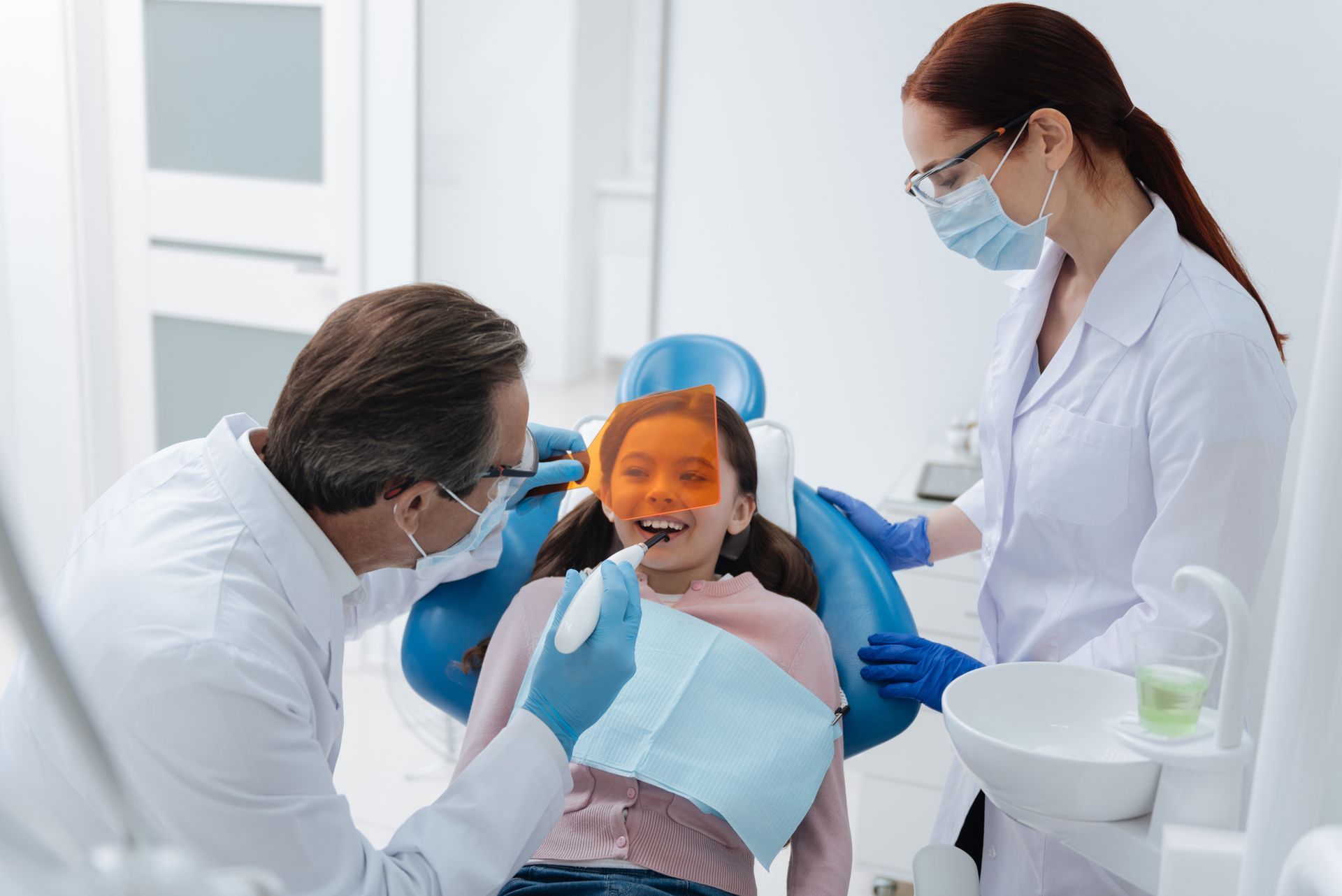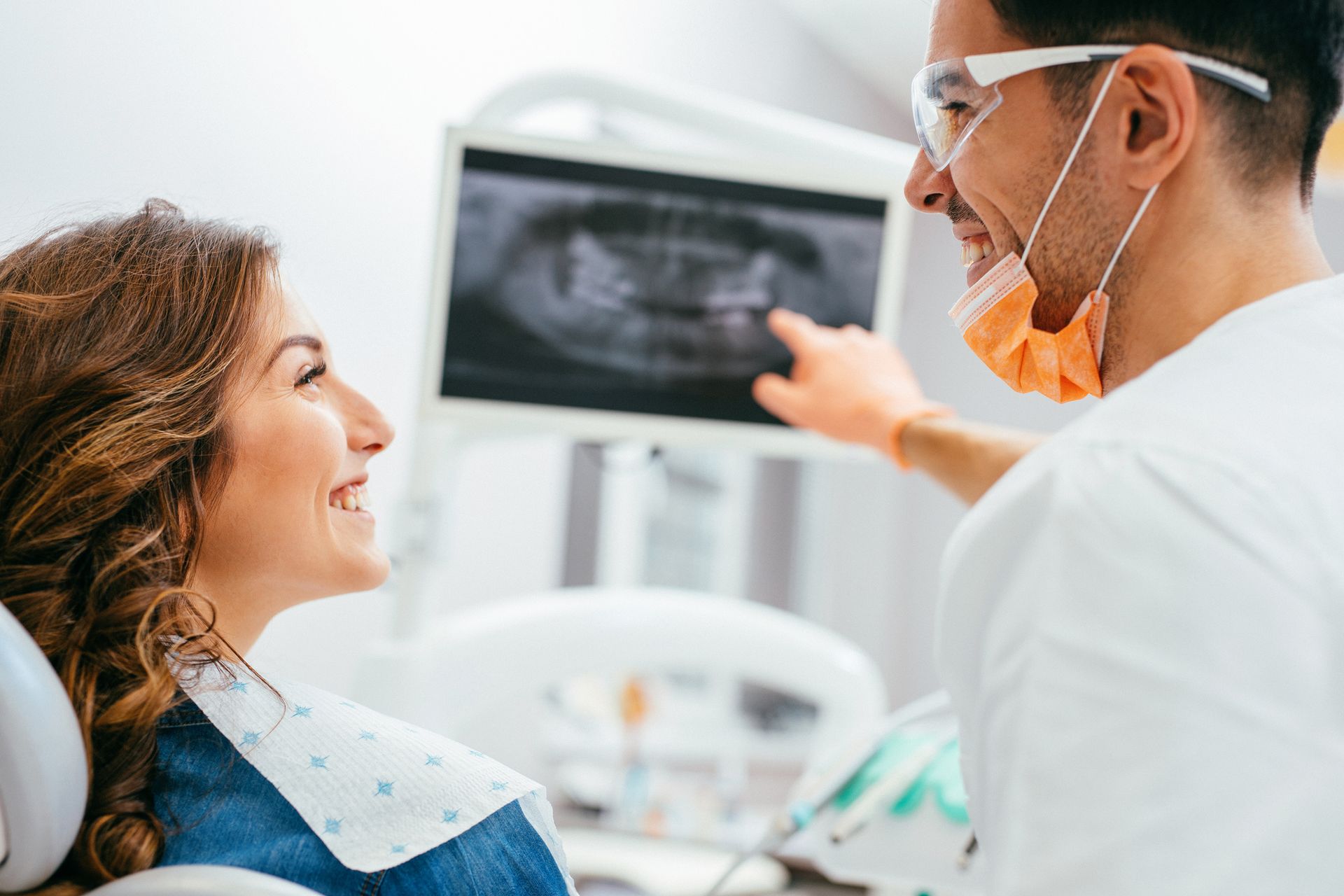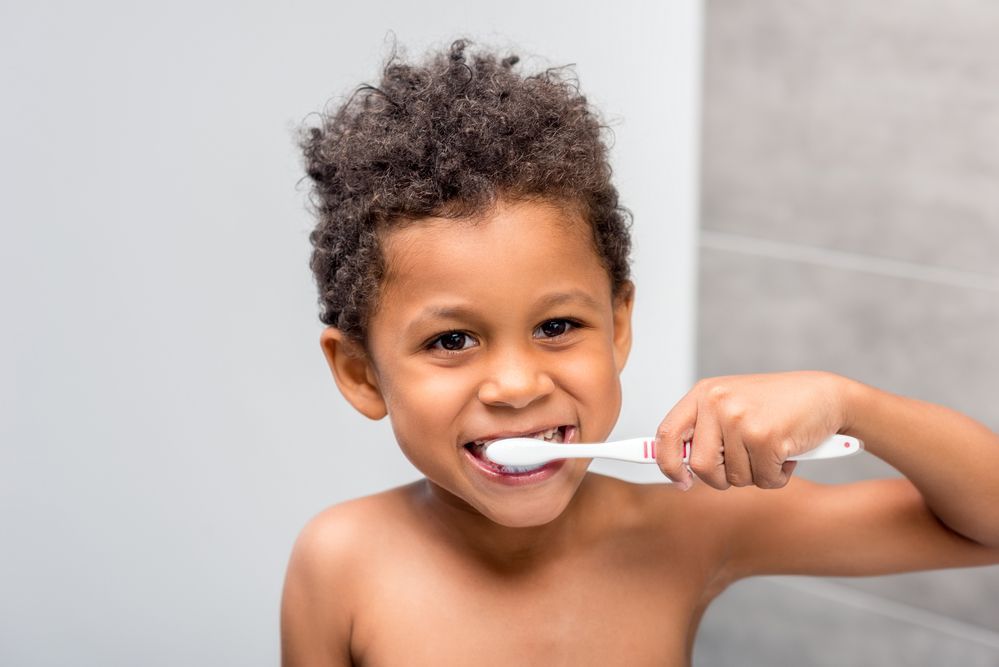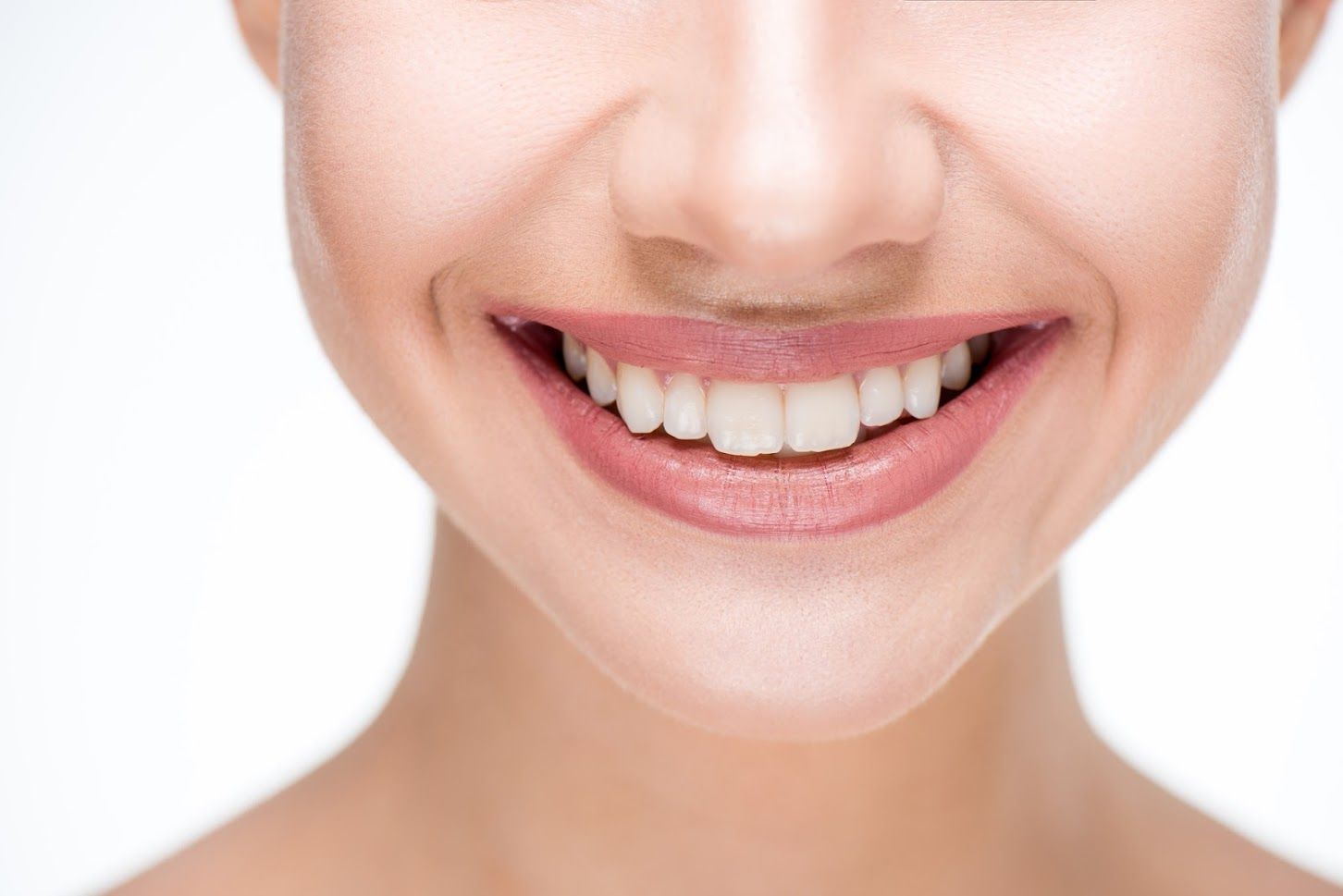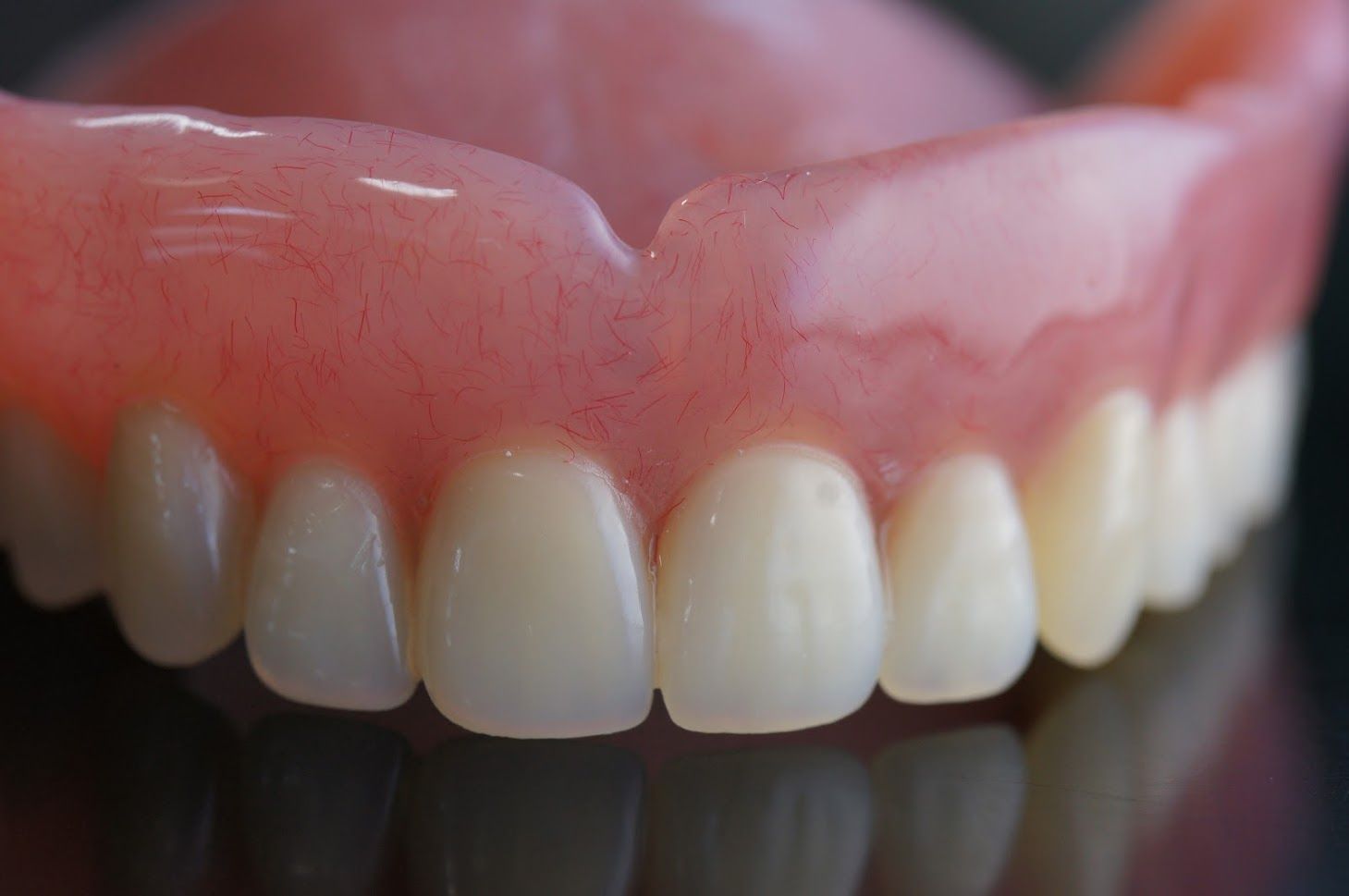4 Dental Reasons to Limit Alcohol Consumption
You may have heard or read many warnings over the years about the potential dangers of excessive alcohol consumption, including heightened risks for liver disease, hypertension, diabetes, and heart disease. However, you might not realize that alcohol can also have some negative impacts on your dental and oral wellness.
Once you've gained a basic understanding of alcohol's effects on your teeth, gums, and mouth, you'll most likely want to keep your drinking habits under relatively firm control. Take a look at four sound dental reasons you might want to limit your consumption of beer, wine, distilled spirits, and cocktails.
1. Alcohol Dries Teeth and Gums
If you've ever suffered from an unpleasantly dry mouth after a night of drinking, you've had firsthand experience with one potential dental complication related to alcohol consumption. As a diuretic, alcohol reduces the body's water stores. At the same time, it inhibits the production of saliva.
Because saliva helps to protect tooth enamel against plaque buildup and bacterial infiltration, a chronically dry mouth increases your risk for tooth decay. The plaque accumulation may also lead to gingivitis and other gum diseases. You may even develop an oral yeast infection known as thrush.
2. Alcohol Alters Your Bacterial Balance
A healthy mouth actually does contain its share of bacteria, with the healthy strains helping to limit the progress of the destructive ones. Research has shown that the mouths of heavy drinkers contain smaller numbers of these healthy bacteria, as well as larger numbers of the more harmful strains.
Scientists haven't yet determined exactly why this imbalance occurs, although it may involve the production of acids in the mouth or the production of toxins by the overgrowing harmful bacteria. In any case, minimizing your drinking would seem a sensible strategy for maintaining a healthier oral ecosystem.
3. Alcohol Can Promote Oral Cancer
People who abuse alcohol increase their risk for oral cancer. In fact, the Oral Cancer Foundation names alcohol abuse the second leading cause of this potentially deadly disease. Alcohol plus tobacco use raises the risk for oral cancer exponentially, but either substance also raises the risk on its own.
Alcohol may also have a less direct effect on your oral cancer risk. Researchers have noted that people who have cirrhosis of the liver (a disease often from excessive drinking) also develop changes in their throat and mouth tissues that make those tissues more vulnerable to cancer.
4. Alcohol Can Make You Careless
Alcohol can impair your physical coordination as well as your mental judgment. This combination of impairments can make you more vulnerable to accidents such as tripping over curbs or getting into automotive collisions. The impacts from these kinds of injuries can result in cracked, broken, or even lost teeth.
Even if you don't injure yourself after a few too many drinks, the mental fuzziness common after heavy drinking could cause you to neglect your dental hygiene. Inconsistent brushing, flossing, and dental checkups can leave you with cavities and gum disease that may call for extensive treatment.
Alcohol also interferes with the body's absorption of nutrients. If your body doesn't receive and absorb critical nutrients such as calcium, vitamin D, vitamin E, and vitamin A, you can suffer from tooth damage or gum disease. Insufficient levels of vitamin C can weaken the connective tissues that hold your teeth in place.
Airport Road Dental Associates, PC, can provide you with ongoing dental evaluations and guidance, including dietary and lifestyle advice, to help you keep your mouth in optimal condition for decades to come. Contact our office to schedule a consultation or any treatment you might require.

